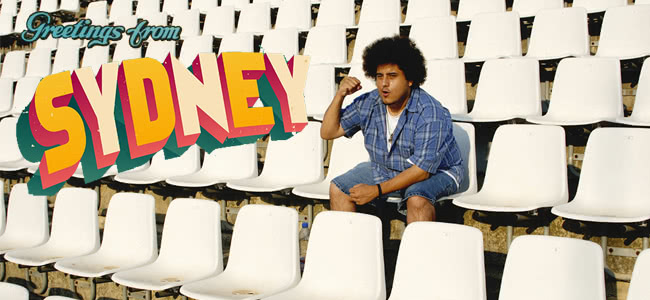You’ve probably heard a lot about how Sydney’s lockout laws have ripped the heart out of the Sydney’s live music scene, affecting musicians, promoters, and venue owners alike and triggering a major downturn in live music revenue.
A combination of decreasing foot traffic and a significant dip in alcohol sales have seen numerous venues close and a freeze on new liquor licenses has ensured no new live music venue could possibly be sustainable in the NSW capital.
But up until now, all of the evidence has been a matter of watching venue after venue close and hearing anecdotal accounts from the people the lockouts affect – the musicians, the promoters, and the beleaguered venue owners.
However, as the Sydney Morning Herald reports, there are now solid numbers to back up the claims. According to the Federal Government’s Live Music Office, ticket sales by live performance venues in the Sydney CBD lockout zone have declined by 40 percent since the lockouts.
The sobering and honestly frightening statistic is based on data collected by Australian royalties body APRA-AMCOS between 31st January 2013 and 1st February 2015, which includes February 2014, the month when the lockouts came into effect.
In addition to a 40 percent dip in ticket revenue, the Live Music Office also observed a 19 percent decline in attendance across all live venues and a 15 percent decline in the amount that venues actually spent on live performers.
“These figures demonstrate the actual impacts for musicians, venues, businesses. People are looking at this closely to try and find a way through because they are going out of business,” Live Music Office Policy Director John Wardle told Fairfax.
“The music industry had no time to prepare so the impacts were greater than they might have been. What we have [been handed] is an indiscriminate process that impacts well-run businesses,” Wardle continued.
“It’s profound. A lot of people are avoiding the city altogether because it’s too hard.”Speaking to Fairfax, The Basement and Plan B booker Nathan Farrell added: “There’s less foot traffic, venues used to do early and late shows but they are now compacted into a one smaller night.”
“There was a culture of young promoters doing interesting late night events that just isn’t there any more. The Basement used to have a dinner and show before, say, Vince Jones, then as one set of fans would leave, another 400 younger fans would come in a different set of doors for a late night DJ. That’s definitely stopped.”
“At Plan B, we were looking at booking an after-party for an international act but we couldn’t do it because we couldn’t get them in the door before 1.30am. That would mean ‘thousands’ in lost revenue.”
“It’s profound. A lot of people are avoiding the city altogether because it’s too hard. They think ‘there’s a big scary lockout, we better move early or get out of the city’.” Taking this into account, you can see why industry members in Brisbane are currently sweating.
[include_post id=”471344″]
As Tone Deaf reported earlier this week, Queensland is set to move ahead with their own lockout laws after the state government was able to secure crossbench support for the idea, which will enact laws even harsher than Sydney’s.
According to Wardle, it’s not just venues who host late-night entertainment that have been affected by the lockouts. Venues who sell tickets for shows before midnight are feeling the burn because of a change in crowd behaviour.
“Venues are having to change their programming, there’s a migration of audiences away from the city that is happening earlier in the evening, there’s [an issue about] the reputation of the city and it clouds every discussion about live music … we can’t seem to get away from this cloud,” he said.
A rally in protest of Sydney’s lockout laws is scheduled to take place this weekend, with appearances from Preatures frontman Isabella Manfredi and performances from Royal Headache and Art Vs Science. Check out the details here.




































